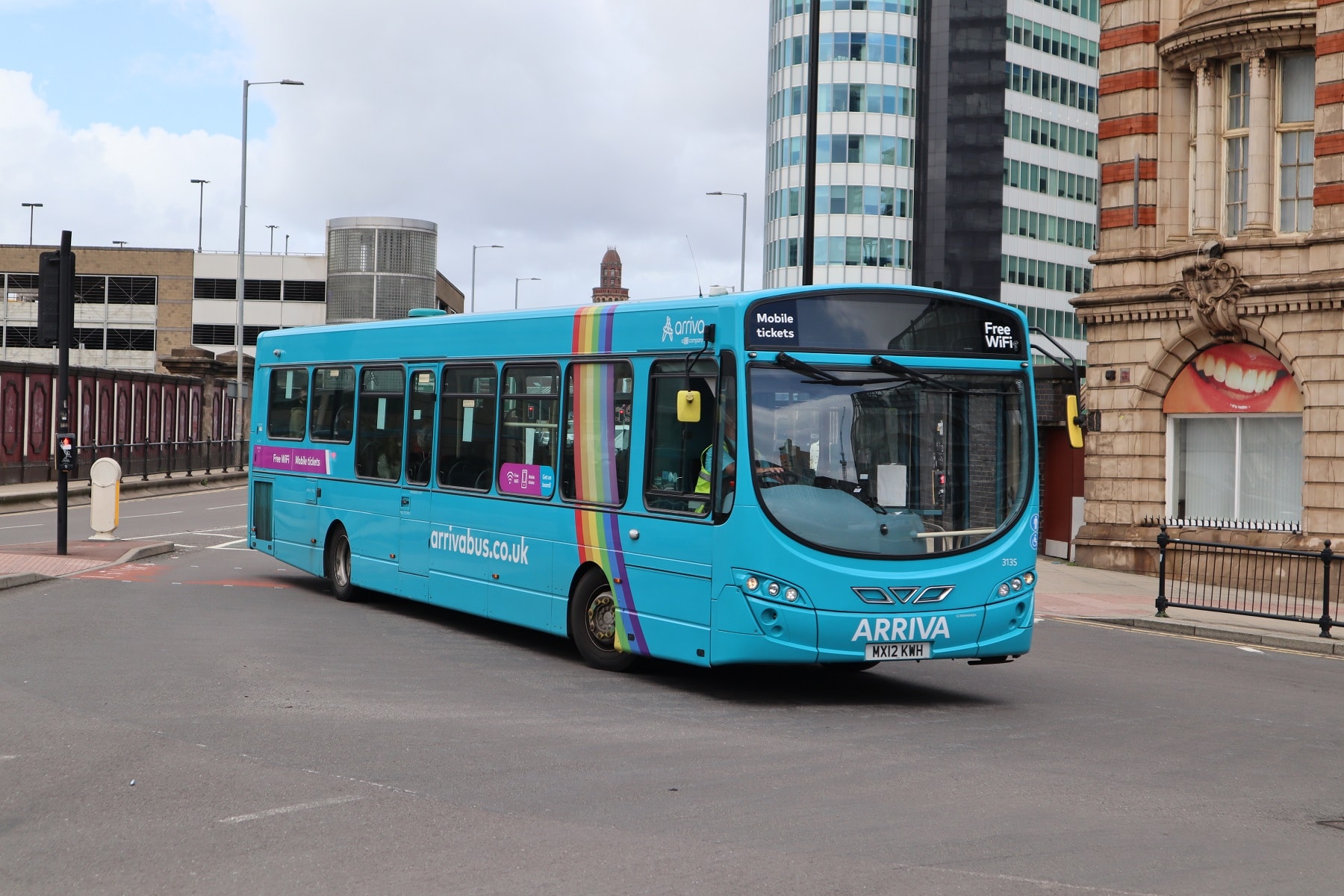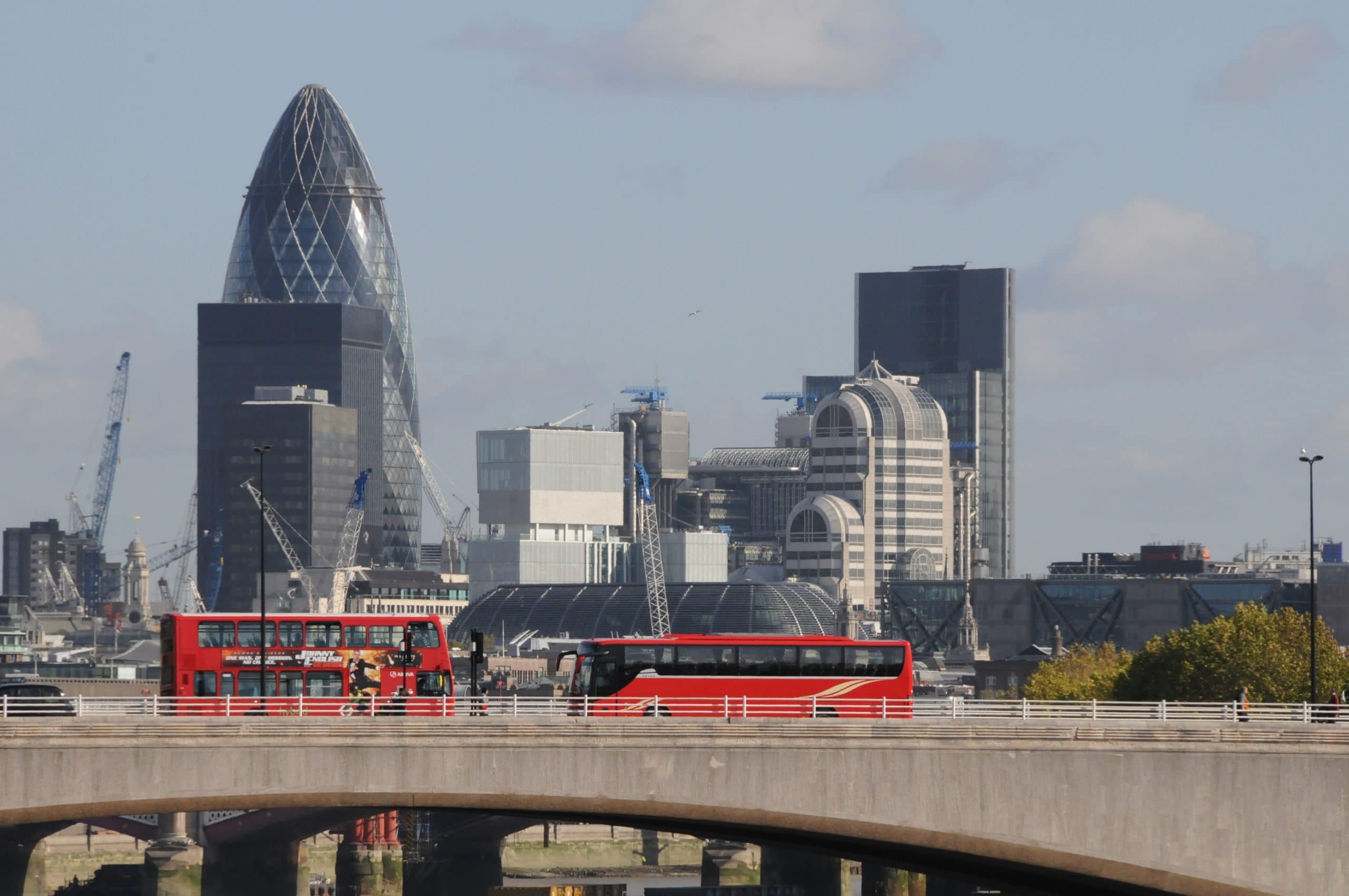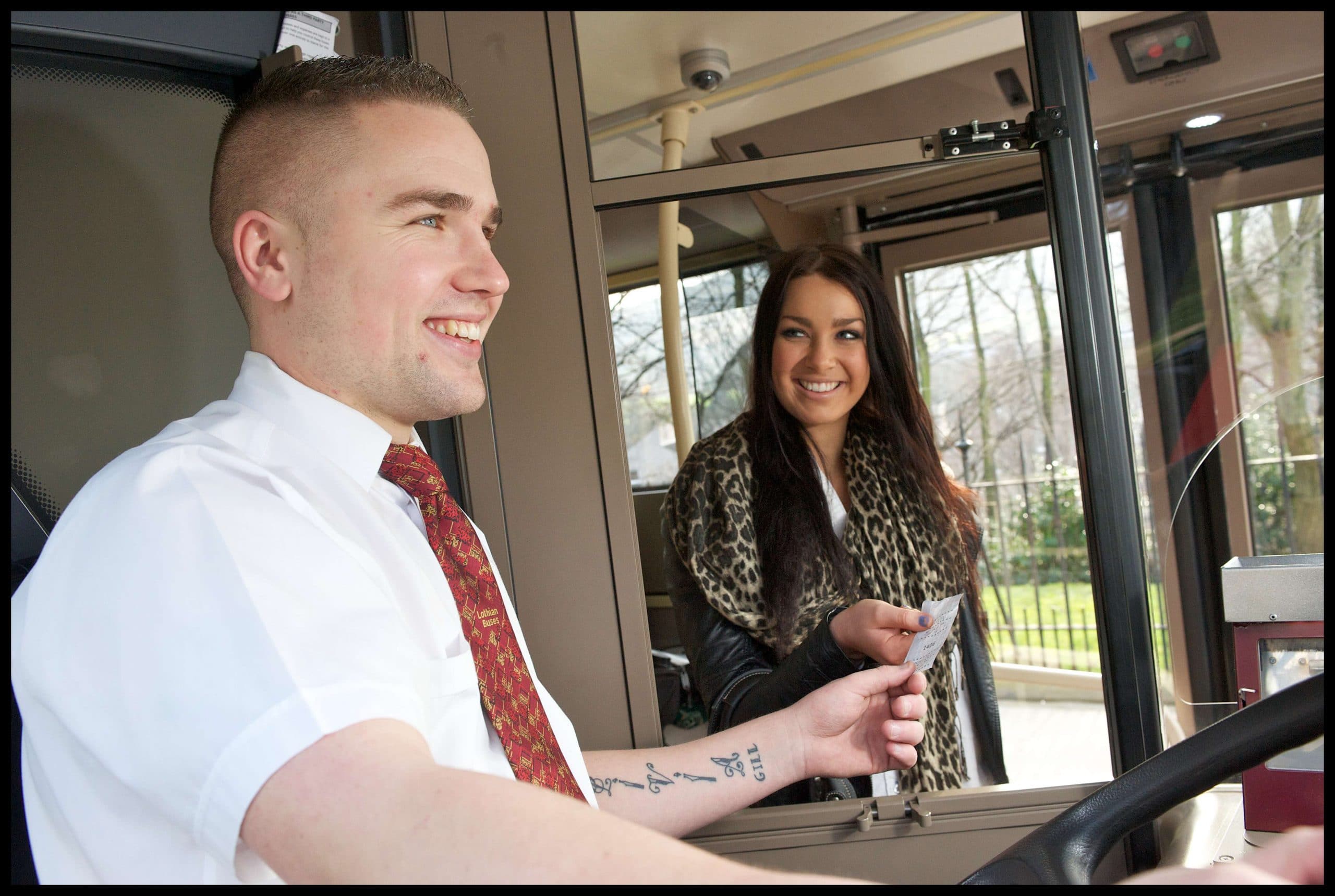I hope nobody of a nervous disposition watched Chancellor Rishi Sunak deliver his Budget on 3 March. He was impressively honest in laying out the real state of the UK economy and finances because of support measures put in place to deal with the consequences of the pandemic and associated lockdowns. It was truly breath-taking, even scary.
The Chancellor announced a series of tax ‘raids’, which means that the UK now has a tax burden higher than at any time since the 1960s. Renowned thinktank the Institute for Fiscal Studies suggests that taxes are likely to reach “their highest sustained level in history.” Let me repeat that: “In history.”
COVID-19 debt mountain will need to be paid off
There will, I am sure, now be a debate among political and economic commentators over whether the Conservative Party has totally abandoned its ideological position as a party of low taxation and minimal state interference in favour of significant state intervention and big government – a position that many on the left of the political divide would endorse (indeed, a Conservative Chancellor is planning to increase corporation tax to a level actually proposed by Jeremy Corbyn’s Labour opposition before the last election) – or whether these are necessary and prudent short-term measures to deal with an unprecedented economic crisis.
Whatever the rights or wrongs of the Budget, the levels of debt that the country now ‘enjoys’ have not been witnessed since the World Wars. To cheer you up, I will leave you with one thought: The debt incurred to pay for the First World War was finally paid off in 2015 – just shy of 100 years after the event. The debt incurred in one year to deal with the COVID-19 pandemic may well also take a full century or more to pay off.
Bus industry must stop arguing for a continuation of status quo
On that cheery note, let me bring you back closer to home, because in these unprecedented times one thing is clear: The status quo is a difficult position to argue for in public policy terms.
But if I read it right, the status quo seemed to be what the bus industry was arguing for when Confederation of Passenger Transport Chief Executive Graham Vidler and Arriva UK Bus Commercial and Marketing Director Alistair Hands gave evidence to the Transport Select Committee into its inquiry on reforming public transport after the pandemic on 10 February.
In many respects I have a great deal of sympathy for their position. After all, bus operators will naturally want to promote and protect their commercial interests, and so they should. And I write as one who has an instinctive belief in the deregulated model as naturally preferable for reasons that I have commented on so many times before.
Is a ‘rapid build-up’ of passenger numbers post-COVID-19 really likely?
But the times and circumstances have changed, and I wonder whether it would be in the interests of the bus industry to recognise that in its public policy statements. Let me explain.
First, Graham Vidler told the Select Committee that he thought we will “see a fairly rapid build-up of passenger demand again once lockdown is progressively relaxed.” I understand why he said that. But is he right? We don’t actually know.
But Alistair Hands said that “15% of our customers that are not currently travelling with us tell us that they are not going to do so…” That does not strike me as “a fairly rapid build-up.” Other operators are saying the same thing about a permanent loss of custom.
Then again, Graham Vidler said that “the National Bus Strategy is a missed opportunity if it simply talks about the regulatory framework without talking about the outcomes we are trying to achieve… without setting clear targets.” But it is the regulatory framework that could determine what the outcomes are. I simply do not understand why commercial bus operators need a government-inspired national strategy to set targets. Operators should be setting their own targets.
No tinkering with current framework wanted by industry?
Graham Vidler’s comments about the regulatory framework sent a signal to me that bus operators do not want any tinkering with the current framework, despite the changed world in which we live.
It highlights my point about trying to maintain the status quo in a world that has been fundamentally changed. And for my money, commercial businesses that depend on patronage growth should hang their heads in shame if they need a government strategy to set targets for them.
I could cite other examples. My worry is that in a world that has been changed beyond recognition, the messaging from bus operators does not reflect that.
It is perhaps best underlined by Graham Vidler’s comment, in response to a question about the complexity of the process to secure a franchise scheme and whether that process should be simplified, that “we should not be trying to simplify or shortcut the process.”
Status quo.
Arguments for the status quo may be found wanting by ministers
Given what Huw Merriman said when he was appointed Chair of the Transport Select Committee – “I do not believe that the sector delivers value across the UK; a lack of competition, accountability and responsibility causes our constituents to receive poor service and provision” – I think the bus industry representatives could have chosen their words more carefully.
I repeat: I say this as someone who instinctively supports the deregulated model as a starting point. I want bus operators to succeed. But I fear that if they simply argue for the status quo, they may be found wanting by ministers and policymakers. We are not in status quo territory.
I will add one final thought. At the moment, bus operators are being showered with subsidy. In due course, a properly functioning commercial business should be allowed to decline subsidy and run as it wishes. But in this circumstance, an operator running free of state largesse should not be declined access to appropriate operational facilities. It’s a complex world!



























